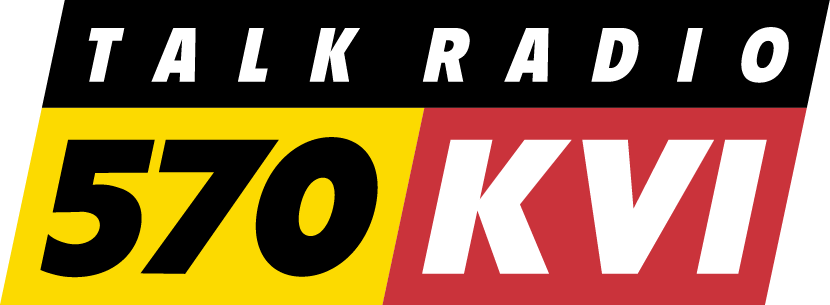
A damning King County Auditor’s Office (KCAO) report reveals a troubling pattern: while the Department of Community and Human Services’ (DCHS) grant portfolio exploded from $22 million in 2019–2020 to over $1.5 billion in 2023–2024, oversight lagged, leaving county funds vulnerable to mismanagement, improper payments, and potential fraud.
The expansion was pitched as an equity measure, meant to lower barriers for small and grassroots groups with little government funding experience. But auditors say oversight never caught up.
Damning audit finds King County’s Dept. of Community & Human Services grew grants from $22M→$1.5B in 4 yrs with little oversight.
Auditors uncovered altered docs, unapproved payments & cash withdrawals, 48% of grantees rated “high risk” for "social justice" programs pic.twitter.com/ikFivtc5fs
— Ari Hoffman 🎗 (@thehoffather) August 27, 2025
“DCHS fell short on internal oversight, resulting in improper payments, including potential fraud, across multiple programs and contracts,” the audit states.
“The department took on a lot of risk with public money without putting in a safety net,” Auditor Kymber Waltmunson said in a press release. “By implementing our recommendations, some as simple as providing anti-fraud training and creating contract monitoring checklists, DCHS will be better able to embed responsible financial stewardship into its culture.”
Findings: Improper Payments and Altered Documents
Auditors reported instances of altered reimbursement documents, payments to unapproved entities, and questionable expenses linked to cash withdrawals. Nearly half of the 359 grant recipients reviewed in 2024 were rated “high risk,” often due to limited staffing and lack of financial experience.
Other findings include:
- Grantees deviating significantly from approved budgets without formal amendments.
- Insufficient documentation for high-risk expenses such as stipends and prepaid cards.
- No clear policies for ending contracts or awarding grants to for-profit companies.
Programs Under Scrutiny
Several high-profile programs funded by DCHS were specifically cited in the audit or linked to oversight concerns:
Family Intervention and Restorative Services (FIRS) was created in 2016 and received initial county funding $467,107. It was designed as an alternative to juvenile detention, but auditors found incomplete expense documentation and weak financial monitoring.
Restorative Community Pathways (RCP) was launched in 2021 and received about $16 million in county funding. It was intended to divert youth from prosecution, but plagued by budget overruns, documentation failures, and high recidivism rates. More than 50% of participating youth reoffended within two years. The program was suspended in August 2025.
Liberation and Healing from Systemic Racism (LHSR) was created in 2021–2022 and was funded beginning in 2022. Auditors found that the equity-focused initiative under Best Starts for Kids had weak invoice validation and poor oversight of stipend and prepaid card payments.
Stopping the School-to-Prison Pipeline (SSPP) was created in 2022, and the county allocated about $8.6 million to the organization. The organization funds youth-serving groups working to dismantle systemic barriers, but faces the same oversight gaps as other programs.
The Bottom Line
The audit paints a picture of rapid growth without guardrails: equity goals prioritized over financial accountability.
Until DCHS adopts the auditor’s 10 recommendations, including mandatory anti-fraud training and standardized contract monitoring, the county’s multibillion-dollar grant system will remain exposed.







